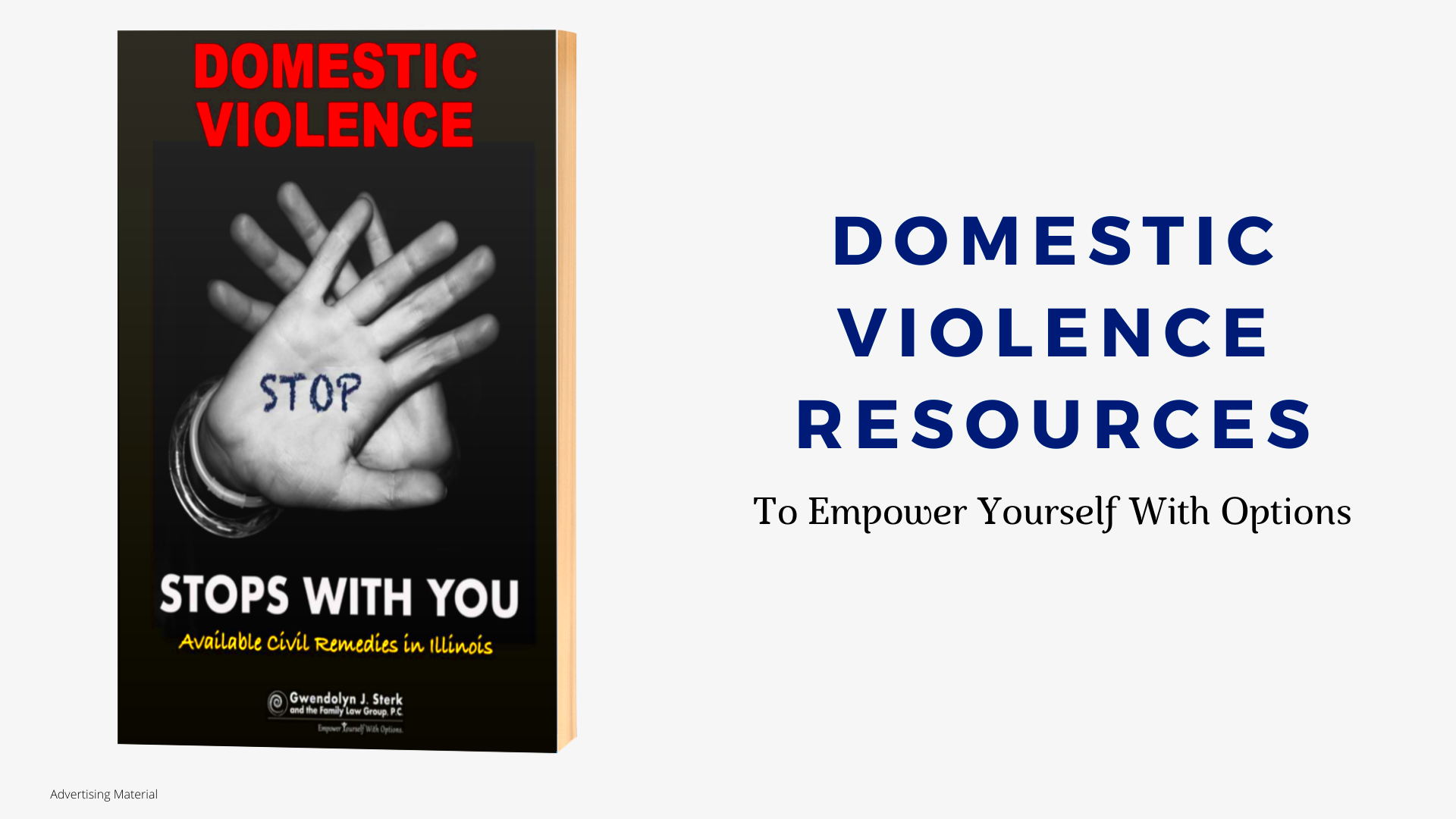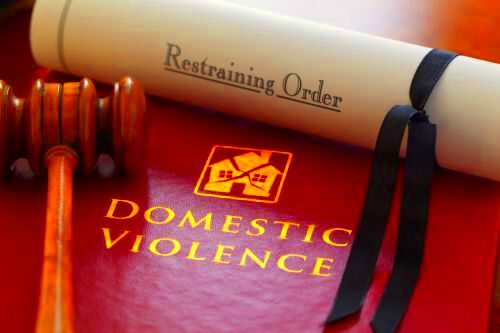Domestic Violence Family Law Attorney Your Guide
Domestic violence is a serious issue that affects many families and individuals. It can happen to anyone, regardless of age, gender, or background. Understanding domestic violence is crucial because it helps victims recognize their situation and seek help. The impact of domestic violence is far-reaching, affecting not just the victims but also children and the community. It can lead to emotional, physical, and financial harm. If you or someone you know is affected, it’s essential to seek assistance.
What Is Domestic Violence

Domestic violence is a pattern of abusive behavior used by one partner to gain or maintain control over another intimate partner. It can take many forms, including:
- Physical Abuse: Hitting, slapping, or any form of physical harm.
- Emotional Abuse: Manipulating, belittling, or controlling behavior.
- Verbal Abuse: Insulting or threatening language.
- Financial Abuse: Controlling finances or restricting access to money.
- Sexual Abuse: Coercion or forced sexual activity.
Understanding these forms is vital in recognizing abuse. Domestic violence is not just physical; emotional and psychological harm can be equally damaging. Victims may feel trapped, confused, or scared, making it difficult for them to seek help.
Recognizing the Signs of Domestic Violence
Recognizing the signs of domestic violence is the first step toward seeking help. Here are some common indicators:
- Frequent injuries: Unexplained bruises or injuries that seem suspicious.
- Changes in behavior: Sudden withdrawal from friends and family.
- Fearfulness: Exhibiting fear around a partner or in certain situations.
- Isolation: Being cut off from support systems.
- Controlling behavior: A partner excessively monitoring or controlling your actions.
If you notice these signs in yourself or someone else, it’s essential to take them seriously. The earlier abuse is recognized, the sooner help can be sought. Remember, no one deserves to live in fear, and support is available.
How a Family Law Attorney Can Help
A family law attorney plays a vital role in assisting victims of domestic violence. They provide legal guidance and support tailored to your specific situation. Having a knowledgeable attorney can make navigating the complex legal system much easier and less stressful.
Here are some ways a family law attorney can help:
- Legal Representation: They can represent you in court, ensuring your rights are protected.
- Filing Restraining Orders: They can help you file for a restraining order to keep your abuser away.
- Divorce Proceedings: If you decide to end the relationship, they can assist with divorce proceedings and related matters.
- Child Custody Arrangements: They can help establish custody arrangements that prioritize your child’s safety and well-being.
- Access to Resources: Many attorneys can connect you with local resources, such as shelters and counseling services.
Choosing the right attorney is crucial. Look for someone with experience in domestic violence cases who understands the emotional challenges you face. Their expertise can be a game changer in your journey toward safety and recovery.
Steps to Take if You Experience Domestic Violence
If you find yourself in a situation involving domestic violence, it’s important to take specific steps to protect yourself. Here’s a practical guide to follow:
- Recognize the Signs: Understand that what you are experiencing is abuse.
- Reach Out for Help: Contact a trusted friend, family member, or a local support group.
- Document Everything: Keep a record of incidents, including dates, times, and descriptions.
- Create a Safety Plan: Plan how to leave safely if necessary. Include escape routes and safe places to go.
- Seek Legal Help: Contact a family law attorney who specializes in domestic violence.
- Consider Counseling: Professional support can help you process your experiences and emotions.
Remember, it’s not your fault, and you deserve to feel safe. Taking these steps can empower you to take control of your situation.
Legal Options Available for Victims
Victims of domestic violence have several legal options to protect themselves and seek justice. Understanding these options can help you make informed decisions about your safety and future.
Here’s a list of some legal options:
- Restraining Orders: Legal orders that prohibit the abuser from contacting or coming near you.
- Emergency Protective Orders: Temporary orders issued by a judge to protect you in urgent situations.
- Divorce Filings: You can file for divorce to end your marriage, especially if it involves abuse.
- Custody Arrangements: Seek legal assistance to establish safe custody arrangements for your children.
- Civil Lawsuits: You may have the option to sue for damages caused by the abuse.
Each legal option has specific requirements and processes, so it’s essential to consult with a knowledgeable family law attorney. They can guide you through the legal landscape and help ensure your safety and well-being.
Choosing the Right Family Law Attorney
Choosing the right family law attorney is crucial when dealing with domestic violence issues. The right attorney can provide you with the support and expertise you need to navigate legal challenges. With so many options out there, it’s important to know what to look for.
Here are some key factors to consider when selecting an attorney:
- Experience: Look for an attorney who specializes in family law and has experience with domestic violence cases. This knowledge will be invaluable in understanding the nuances of your situation.
- Reputation: Research the attorney’s reputation through reviews, testimonials, or referrals from friends or family. A good track record can give you confidence in their ability to handle your case.
- Communication Style: Choose someone who communicates clearly and makes you feel comfortable discussing sensitive topics. You should feel heard and understood.
- Fees and Costs: Discuss fees upfront. Understand their billing structure and whether they offer payment plans or sliding scale fees.
- Availability: Ensure that the attorney has the time and resources to dedicate to your case. You want someone who will be responsive to your needs.
Taking the time to choose the right attorney can make a significant difference in your case. Trust your instincts and pick someone who aligns with your goals and values.
Frequently Asked Questions
Here are some common questions people have regarding domestic violence and family law:
- What should I do if I am in immediate danger? If you’re in immediate danger, call emergency services right away and find a safe place.
- Can I get a restraining order? Yes, you can apply for a restraining order if you feel threatened. An attorney can help you with this process.
- What if I can’t afford an attorney? Many legal aid organizations offer free or low-cost services for victims of domestic violence.
- Will my abuser know I’m seeking legal help? If you are concerned about safety, discuss confidentiality with your attorney to ensure your plans remain private.
- How long does the legal process take? The timeline can vary based on your case’s complexity and the court’s schedule. Your attorney can give you a better estimate.
Conclusion
Domestic violence is a challenging and painful experience, but there is hope and help available. Seeking assistance from a family law attorney can be a crucial step in protecting yourself and your loved ones. By understanding the legal options and resources available, you empower yourself to take control of your situation.
Remember, you are not alone in this journey. Reach out for help, whether it’s through legal support, counseling, or local resources. Every step you take toward safety and healing is a step in the right direction. The right attorney can guide you through the process, ensuring you make informed decisions for your future.


